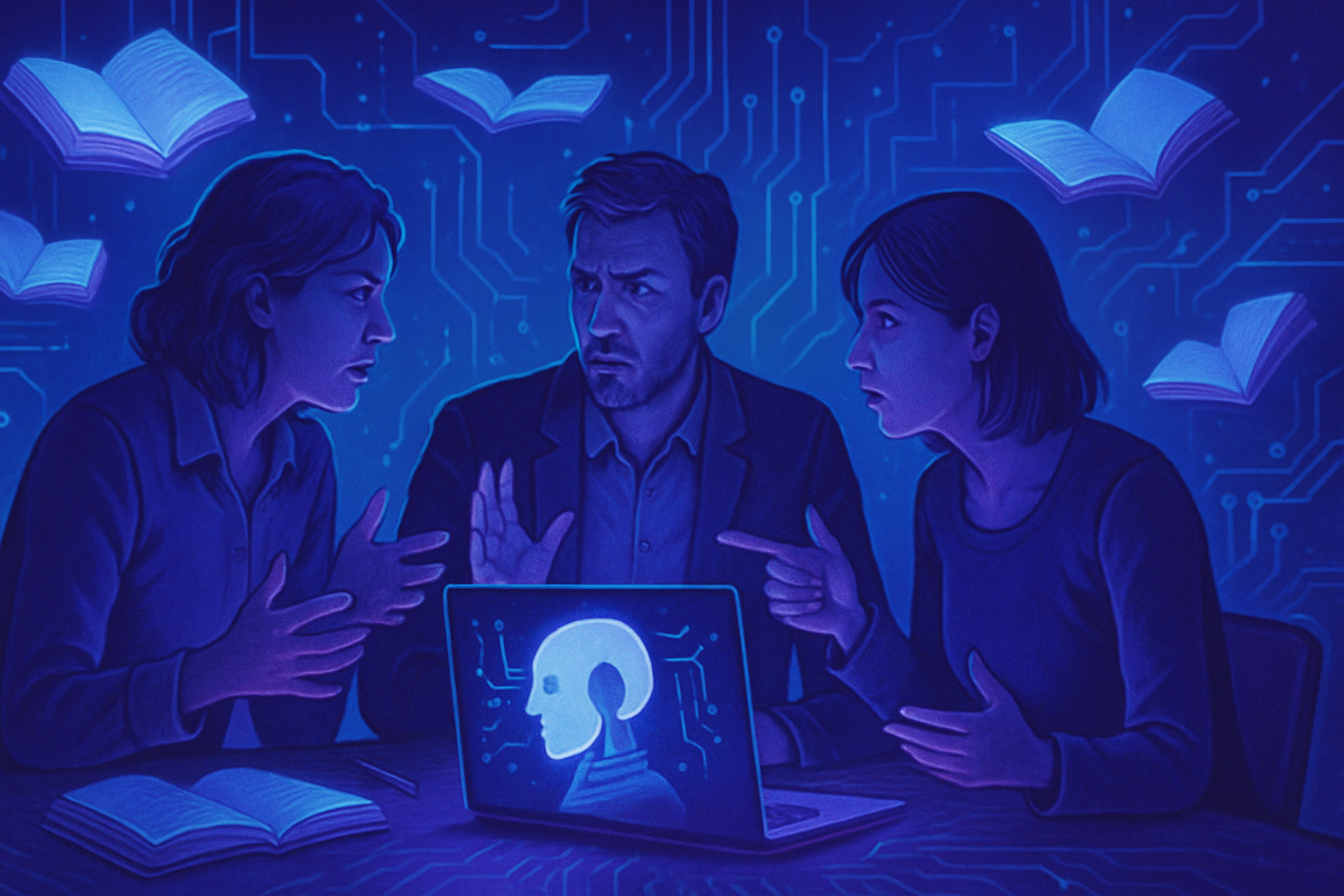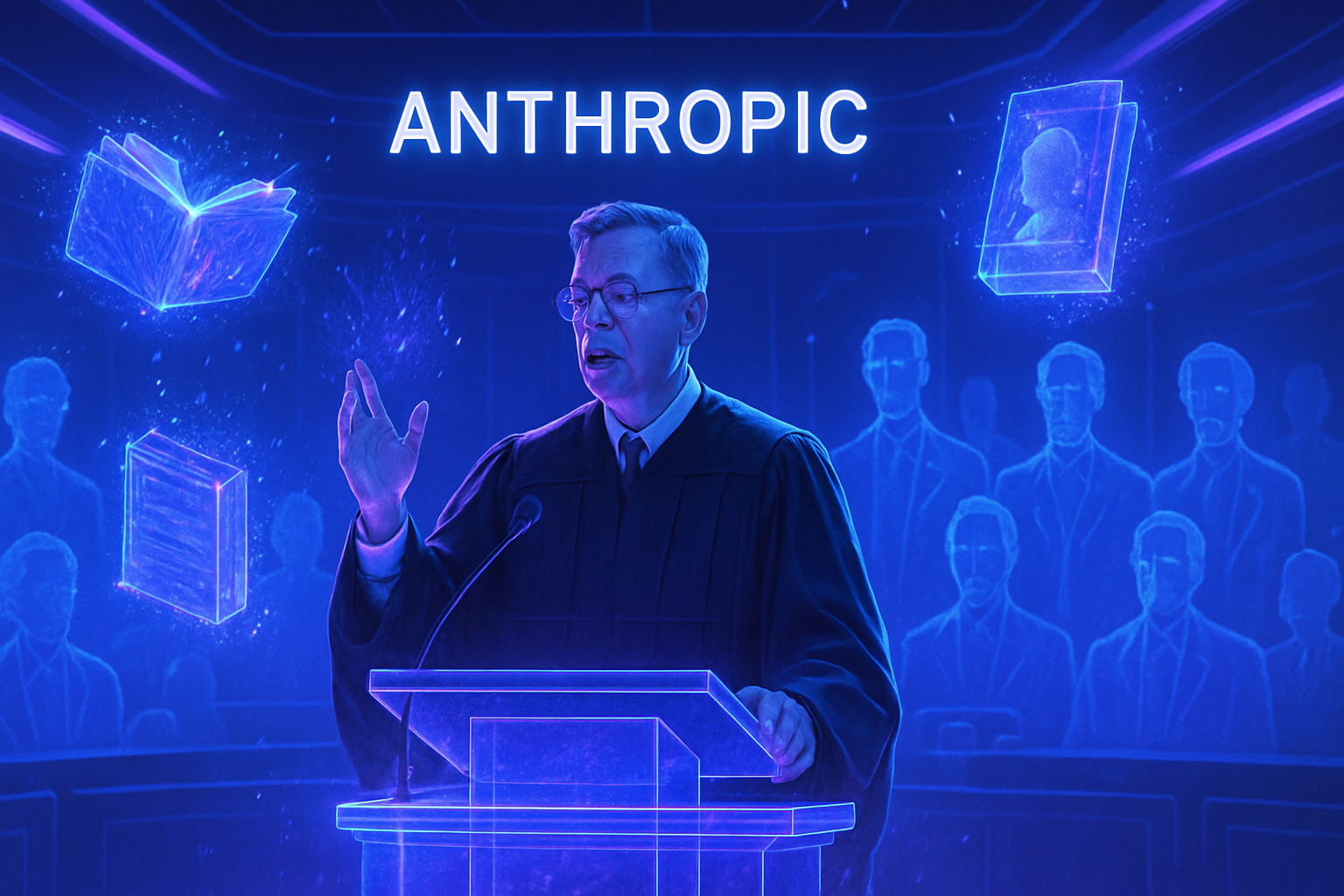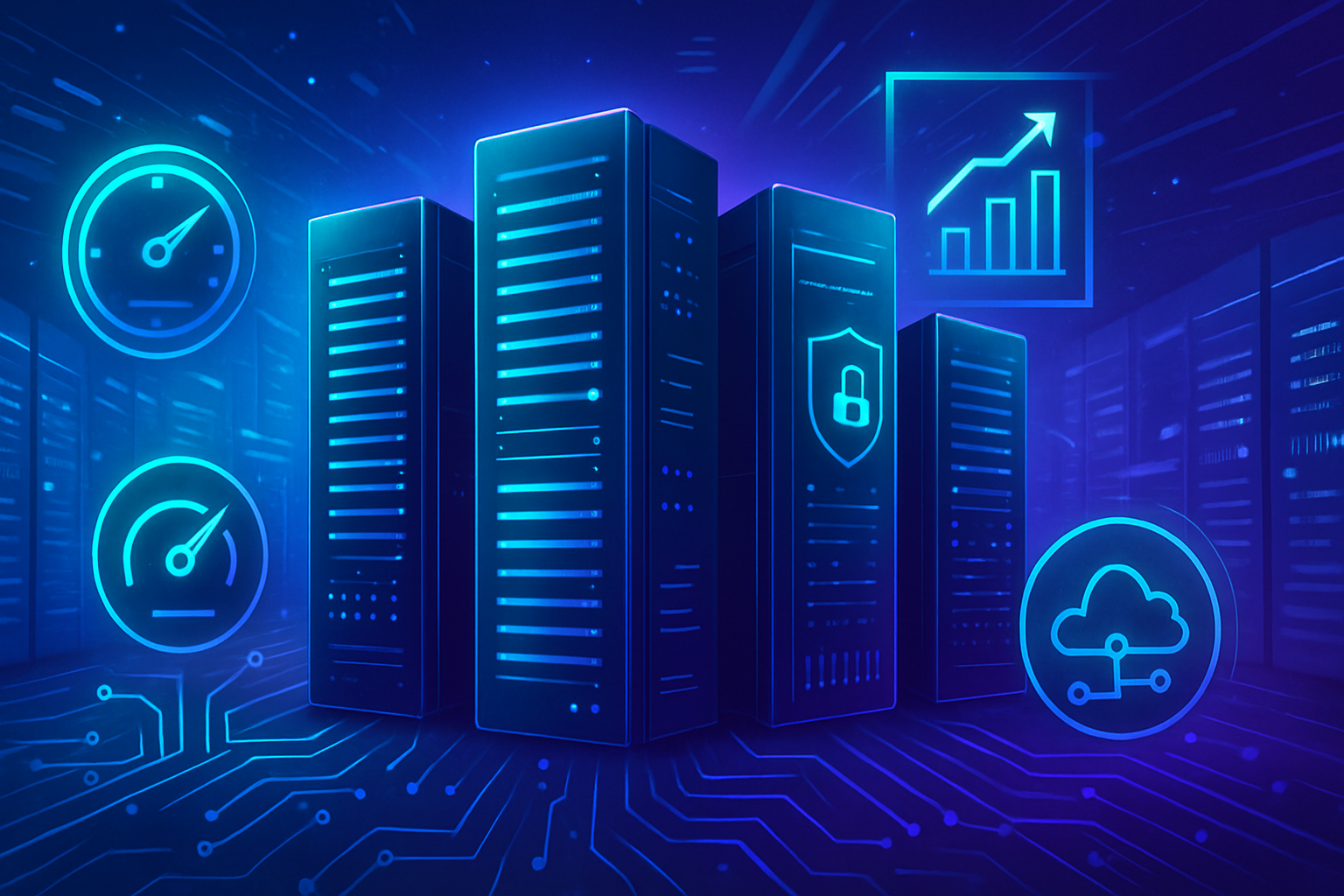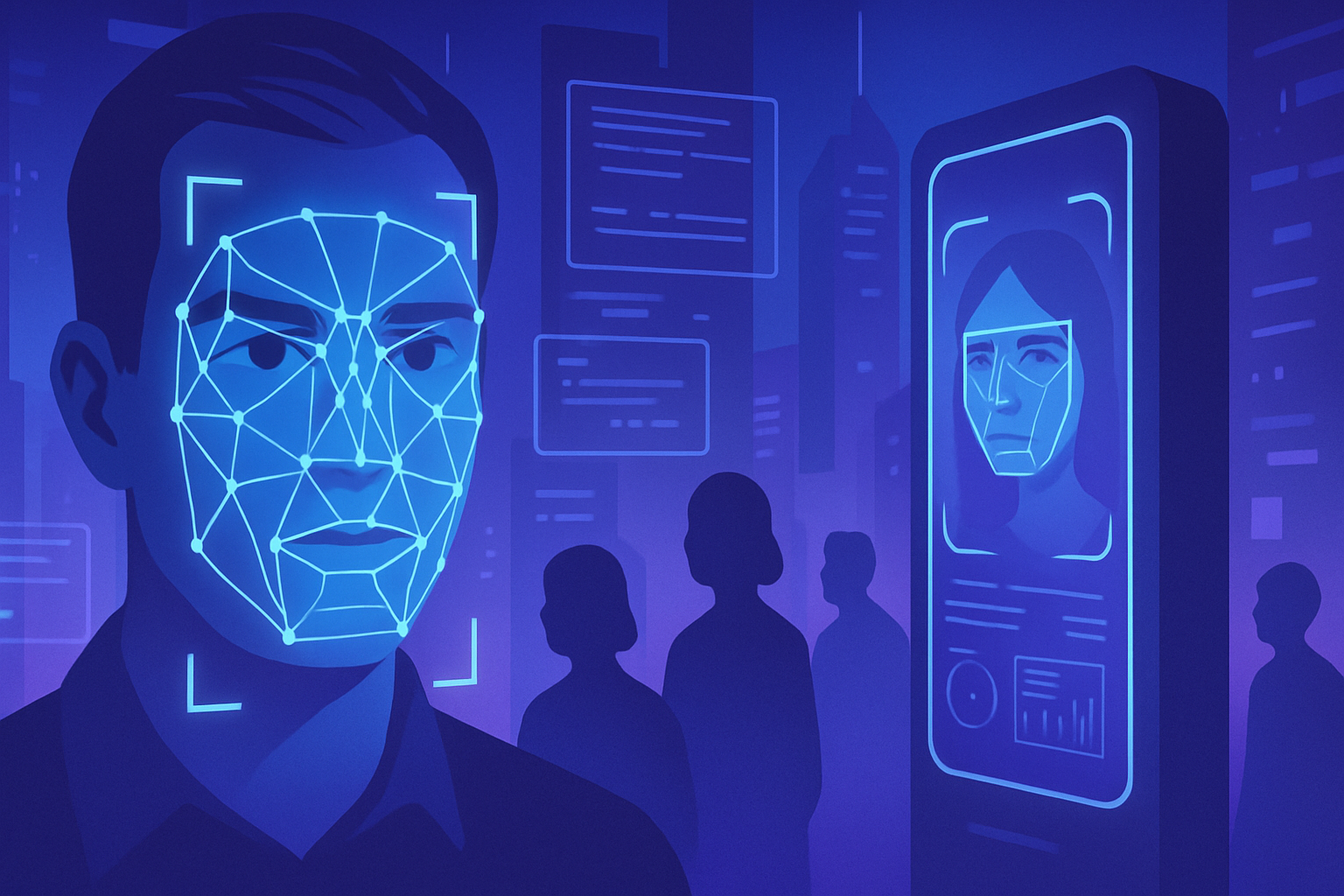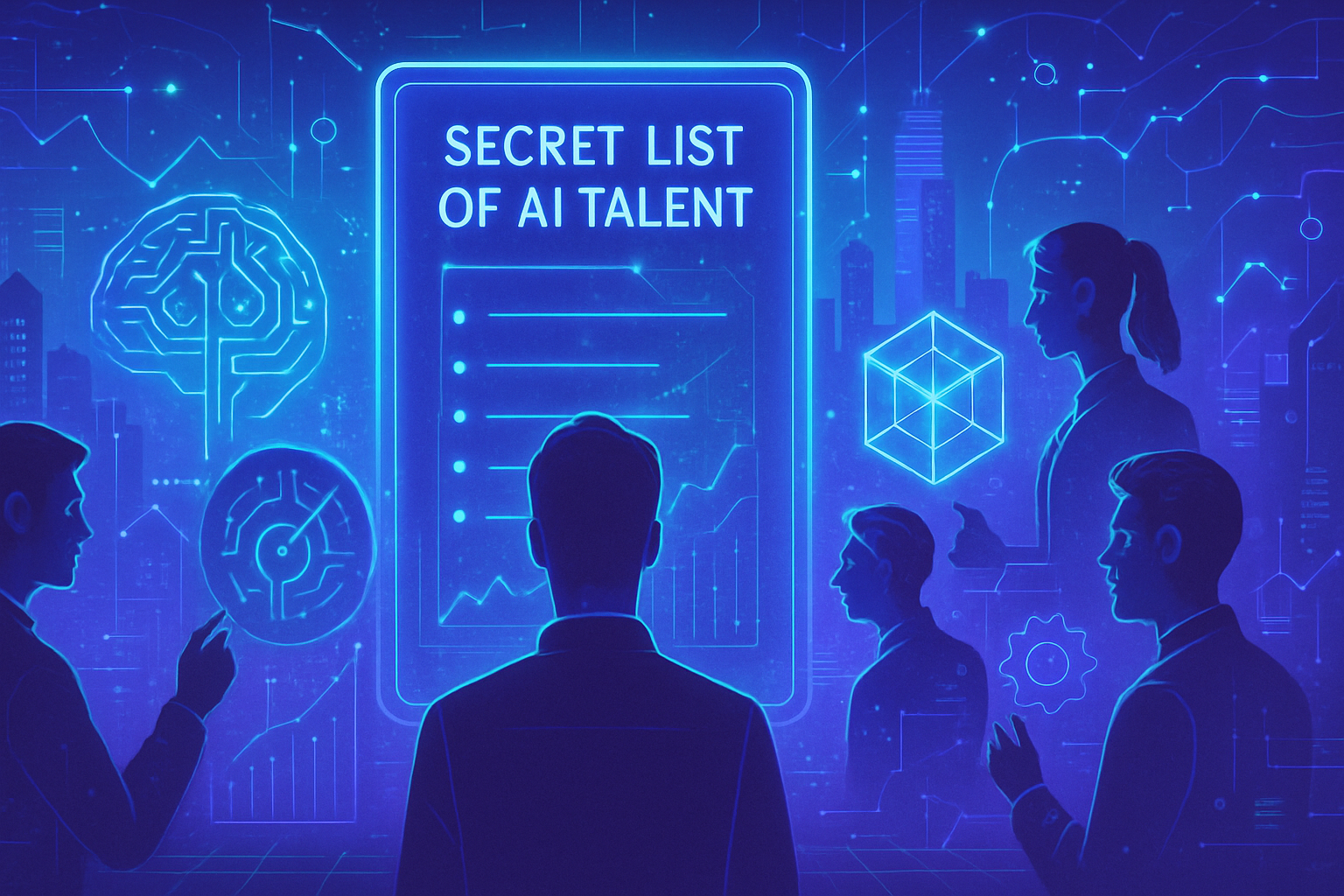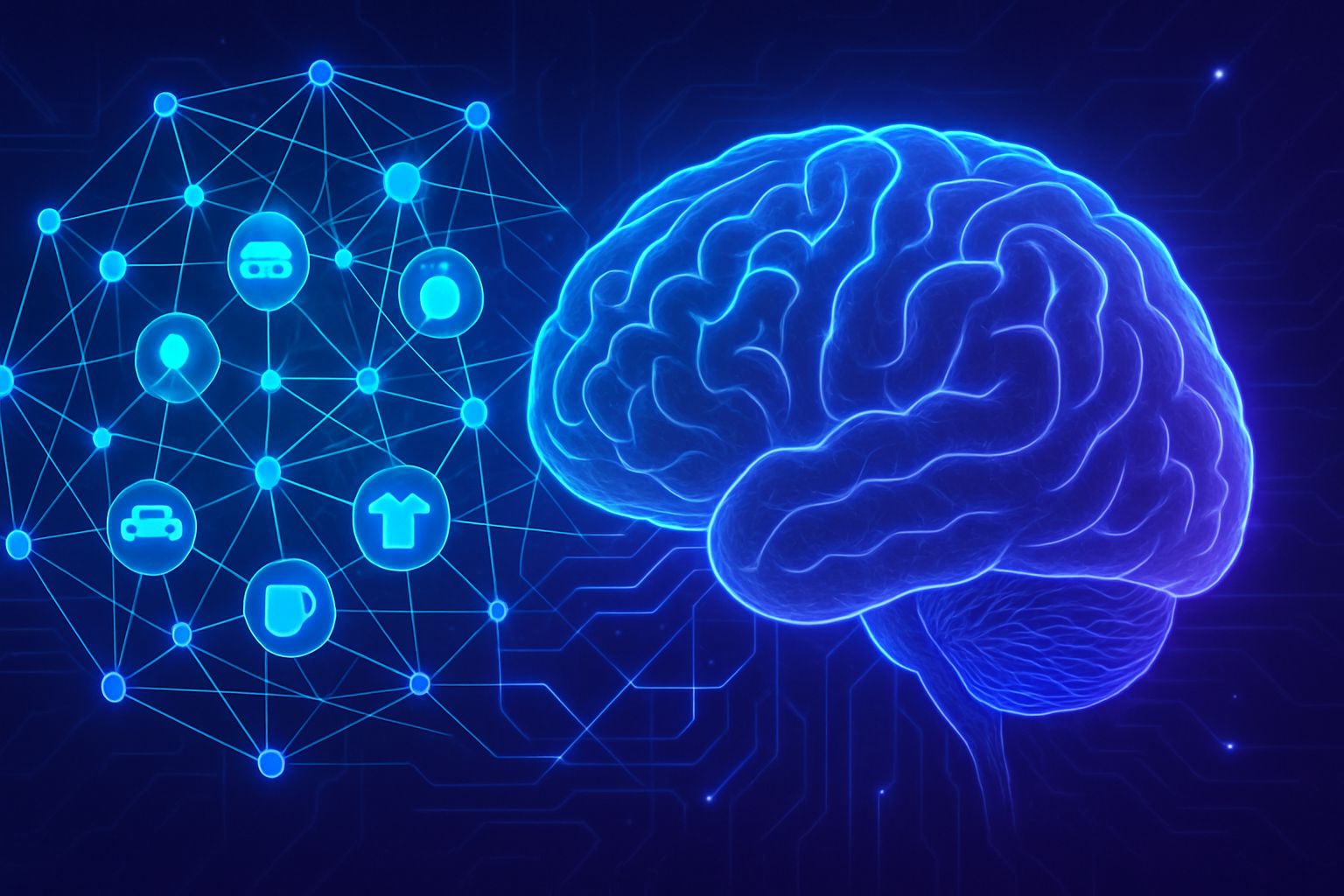The traffic from artificial intelligences has exploded. The data reveals a tenfold increase in one year, marking a turning point in the digital landscape. This digital revolution transforms traffic sources. At a time when search engines dominate, the rise of AIs poses major challenges for companies’ digital strategies.
Spectacular evolution of AI traffic
A recent study by Ahrefs highlights a spectacular evolution of traffic generated by artificial intelligences. Between June 2024 and June 2025, the data reveals that traffic from generative AIs increased by 9.7 times. The figures demonstrate marked growth while average traffic across all sites dropped by about 21%. This trend suggests that tools such as AI Overviews and AI Mode influence overall traffic.
Comparison with other traffic sources
Despite the exponential increase in AI traffic, it remains relatively marginal. Indeed, even though ChatGPT now surpasses Reddit in terms of web traffic, it is still vastly outpaced by search engines like Google and social networks. Approximately 75% of web traffic still comes from Google or direct visits. In comparison, only 0.17% of traffic comes from ChatGPT, followed by 0.02% for Perplexity and 0.01% for tools like Copilot or Gemini.
ChatGPT, the undisputed leader in the sector
One thing is clear: ChatGPT dominates the landscape of traffic-generating AIs. In just one year, the volume of traffic attributed to this OpenAI chatbot exploded by 85%. Competitors such as Copilot, Claude, Gemini, Mistral, and Perplexity, despite their innovations, show stagnant growth. ChatGPT accounts for 83% of the traffic generated by AIs, while Perplexity and Copilot capture 10% and 4% of that same traffic, respectively.
Future perspectives
The digital landscape is undergoing rapid transformation influenced by AIs. A famous study indicates that AI traffic could continue to grow significantly in the coming years. Developers and marketers are turning to these tools to enhance their online visibility and refine their strategies. The challenge will remain competition with giants such as Google, which continues to dominate the sector.
Impact on the digital marketing sector
This increase in traffic is also leading to changes in the field of digital marketing. Companies are beginning to integrate AI-based strategies to optimize their online presence. Moreover, AI tools such as those developed by Google, like audio summaries in search results, demonstrate a necessary adaptation in response to evolving trends.
Companies must now adapt quickly to take advantage of this rise in AI traffic while developing a deep understanding of the ecological changes that these intelligences bring to the digital sector. AI initiatives, research, and development continue to change the rules of the game, forcing industry players to evolve.
The consequences of this growth on companies’ digital strategies should be closely monitored. New tools are emerging, and research like that produced by MIT researchers help formulate innovative approaches for customer engagement.
Market players must therefore reassess their strategies, taking into account the rise of ChatGPT and the growing influence of AIs. This phenomenon not only transforms the landscape of web traffic but also the way brands interact with their audience. Personalized user experiences, thanks to AI, such as those offered by intelligent agents, are becoming the norm, creating new opportunities for businesses.
The quest for optimization continues, and companies must ensure they incorporate these elements to remain competitive in this ever-evolving sector. The data provided by Ahrefs will serve as a thought piece to shape future strategies as the battle for capturing users’ attention online intensifies.
Frequently asked questions about traffic generated by artificial intelligences
What are the main drivers of internet traffic for websites?
Web traffic is predominantly driven by Google, accounting for 39.4% of traffic, followed by direct traffic at 35.7%. In comparison, ChatGPT generates only 0.17% of traffic.
How has the traffic generated by artificial intelligences evolved recently?
Between June 2024 and June 2025, traffic from generative AIs increased by 9.7 times, while overall traffic across sites decreased by about 21%.
What explains the rapid increase in traffic from AIs?
This increase is largely attributed to the rise of artificial intelligence tools like ChatGPT, which have made searching for and accessing information easier for a greater number of users.
Why does traffic generated by AIs remain marginal despite its growth?
Despite significant growth, the share of AI traffic is still tiny compared to search engines and social networks. Google sends 210 times more traffic than leading AI platforms like ChatGPT.
What is ChatGPT’s role in generating AI-related traffic?
ChatGPT currently accounts for 83% of traffic from AIs, recording an 85% growth in one year, while its competitors stagnate.
How do AI features influence traditional search traffic?
It is challenging to make a clear distinction between traditional search and AI-powered search as some AI features already influence conventional search traffic.
What measures should companies take in response to this evolution of web traffic?
Companies should integrate appropriate SEO strategies to maximize their visibility on AI platforms while continuing to optimize their presence on traditional search engines like Google.
What is the future outlook for traffic generated by artificial intelligences?
Although growth is swift, AI-generated traffic may continue to rise, but the dominance of Google and direct traffic will make it difficult for AI platforms to fully compete in the short term.
How do end users benefit from the increase in AI traffic?
Users benefit from an increased wealth of information and resources accessible more quickly through AI-powered platforms, making information retrieval more efficient.

